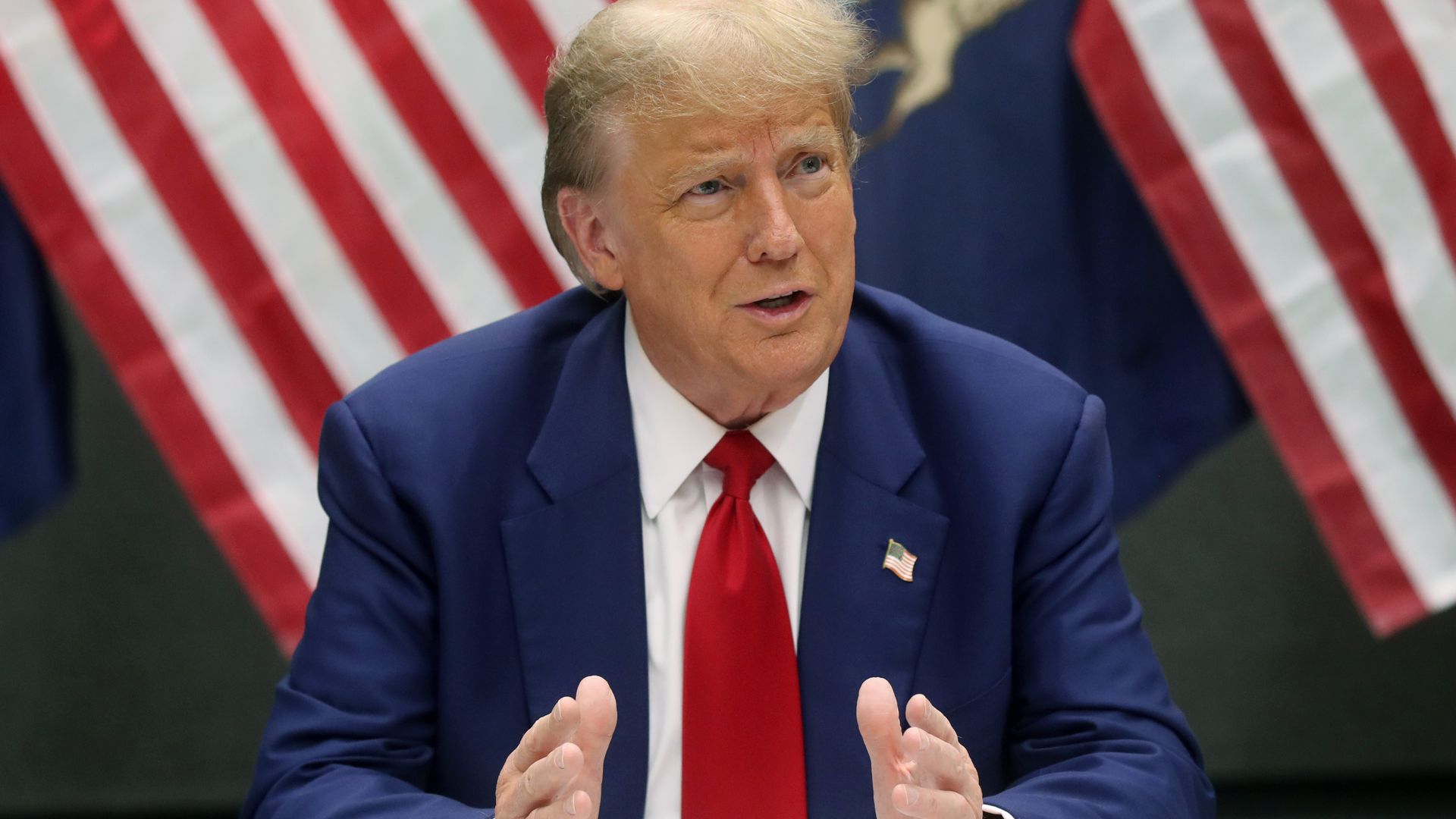
Republican support for Donald Trump’s presidential immunity case is far lower than it was for his Colorado presidential ballot case. That’s according to amicus briefs filed with the Supreme Court.
Two Senators and 26 Representatives, all Republicans, signed on to amicus briefs supporting President Trump’s claim that he’s immune from prosecution for actions he took as president. The signees include some of Trump’s most loyal supporters including Reps. Byron Donalds, Fla., Lauren Boebert, Colo., and Marjorie Taylor Greene, Ga.
That’s a significant drop from the 42 Senators and 136 Representatives who signed on to support Trump in the Colorado ballot case. In addition, the ballot case included every member of leadership from both chambers; only one member of leadership signed on to the immunity briefs.
The deadline to file amicus briefs in Trump v. United States was March 19, the justices will hear oral arguments on April 25.
The Justices are being asked to answer the following question: “Whether and if so to what extent does a former president enjoy presidential immunity from criminal prosecution for conduct alleged to involve official acts during his tenure in office.”
The two briefs filed in support of Trump were filed by Sen. Roger Marshall, R-Kan., and 26 Representatives, the other by Sen. Steve Daines, R-Mont., on behalf of himself and the National Republican Senatorial Committee.
”The Framers were keenly aware of the pitfalls of ancient democracies and republics like Rome, where the political prosecution of Caesar for his official actions ultimately led to the civil war that ended the Roman Republic.”
It went on to state: “The Framers ultimately adopted a mechanism of political accountability for an independent presidency by granting the powers of impeachment, removal, and disqualification to Congress and Congress alone.”
If the justices rule in Trump’s favor, it would end Special Counsel Jack Smith’s prosecution of the former President.
He is charged with: conspiring to defraud the United States, conspiring to disenfranchise voters, and conspiring and attempting to obstruct an official proceeding for his actions surrounding the January 6 2021 riot at the US Capitol building.
The Justices already ruled in Trump’s favor in the Colorado ballot case and he went on to win the state’s primary.







